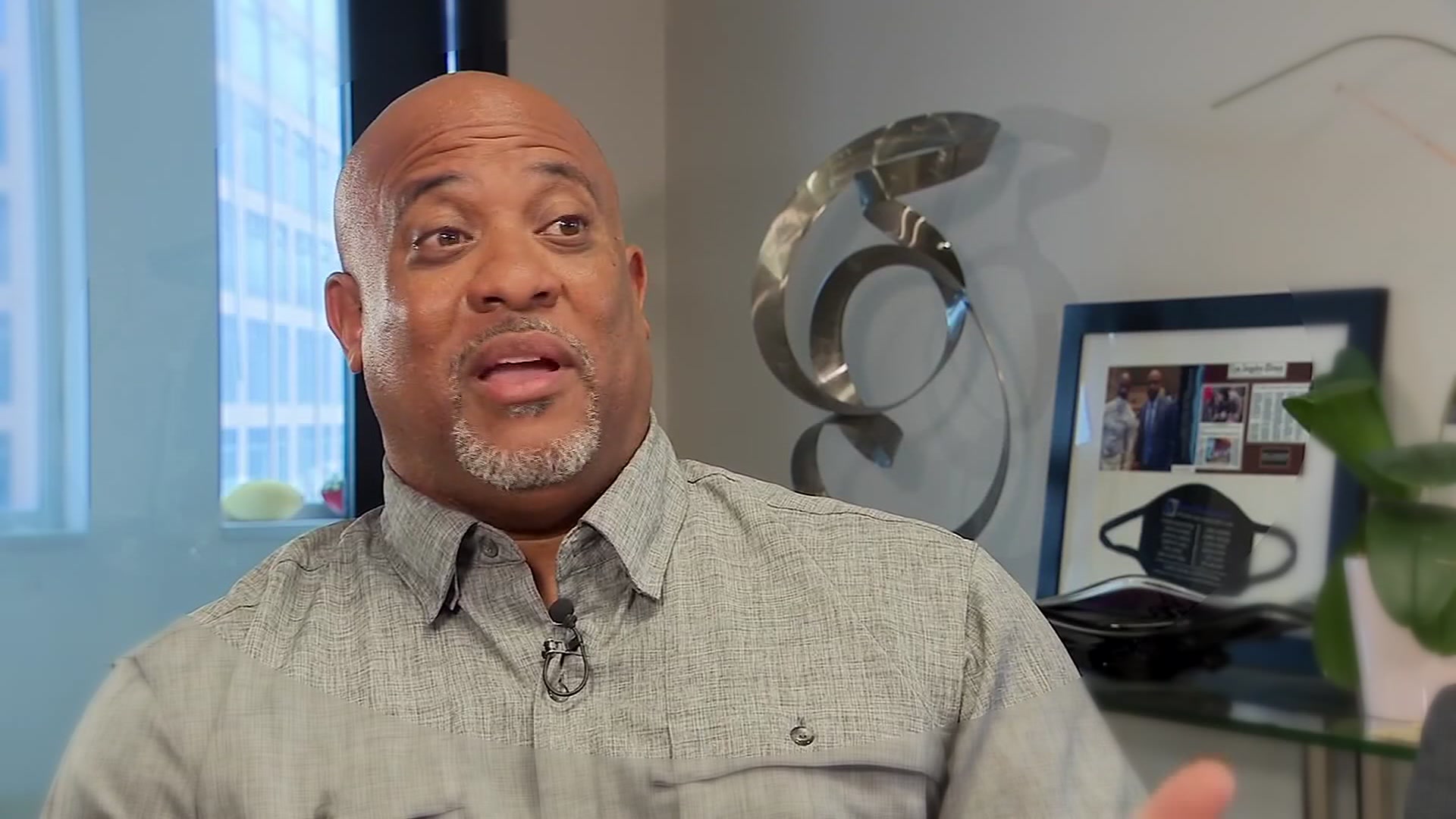The Houston Astrodome was a technological marvel when it opened in 1965. Dubbed the "Eighth Wonder of the World," it was the first domed and air-conditioned stadium and became Houston's defining landmark, a symbol of the city's can-do spirit.
But eventually bigger and sleeker stadiums took its place, leaving the iconic structure that once hosted both professional baseball and football games empty and dilapidated, its future in limbo.
After Texas voters on Tuesday rejected a referendum that would have authorized up to $217 million in bonds to turn the Astrodome into a giant convention and event center, the stadium is likely to be demolished.
"We can't allow the once-proud Astrodome to sit like a rusting ship in the middle of a parking lot. This was the best effort (to revamp the stadium), and voters have turned it down," said Harris County Judge Ed Emmett. Fifty-three percent voted against the amendment.
Emmett said a final decision on what happens to the Astrodome will be up to the Commissioners Court, the group of local officials who manage the county. But he said the stadium's future was pretty much sealed with the referendum's failure. He said a decision would have to be made quickly but didn't say exactly when that would happen.
While some supporters who attended an election watch party Tuesday evening in an exhibition hall across from the Astrodome vowed to continue fighting for the stadium, preservation groups who had championed the referendum said there was really nothing more that could be done.
"Because it sat vacant for many years, there's been a lack of passion for it," said Beth Wiedower, senior field officer with the National Trust for Historic Preservation, one of the groups backing the plan.
Local
The latest news from around North Texas.
Wiedower said efforts to promote the amendment had reinvigorated that passion.
"But it just wasn't enough," she said.
The referendum had called for creating 350,000 square feet of exhibition space by removing the interior seats and raising the floor to street level. Other changes included creating 400,000 square feet of plaza and green space on the outside of the structure as part of the project, dubbed "The New Dome Experience."
A coalition of local and national preservation groups as well as a political action committee had banded together to try to convince voters that the Astrodome should be reborn, not razed.
The pro-Astrodome groups took to Facebook and Twitter and spoke at community meetings. In the two weeks leading up to the election, they also drove around the county a 26-foot-long truck dubbed the "Dome Mobile," where people wrote their favorite Astrodome memories and preservation messages on a large interior wall.
While there wasn't an organized effort against the referendum, some opponents had said the money to refurbish the Astrodome could be better spent on other projects.
"I think it would be a big waste of money. And the trouble is, it's hard to do, because I love the history of it," Don Gray, 84, a Houston resident who voted against the referendum, said Tuesday.
Studies in recent years have estimated the cost of demolishing the Astrodome to be between $29 million and $78 million.
Opened in 1965, the Astrodome was home to MLB's Houston Astros and the NFL's Houston Oilers. It was spacious enough to fit an 18-story building under its 208-foot high roof. The stadium was also home to the city's rodeo and hosted concerts and other events, including the "Battle of the Sexes" tennis match between Bobby Riggs and Billie Jean King in 1973.
But it hasn't been home to a sports team since 1999 and has been closed to all events since 2009. While still structurally sound, the iconic stadium had fallen into disrepair. On Saturday, thousands of people bought stadium seats, pieces of AstroTurf and other items at a "yard sale" and auction of Astrodome memorabilia.
The stadium's most prominent use in recent years was as a shelter for Louisiana residents displaced by Hurricane Katrina in 2005.



